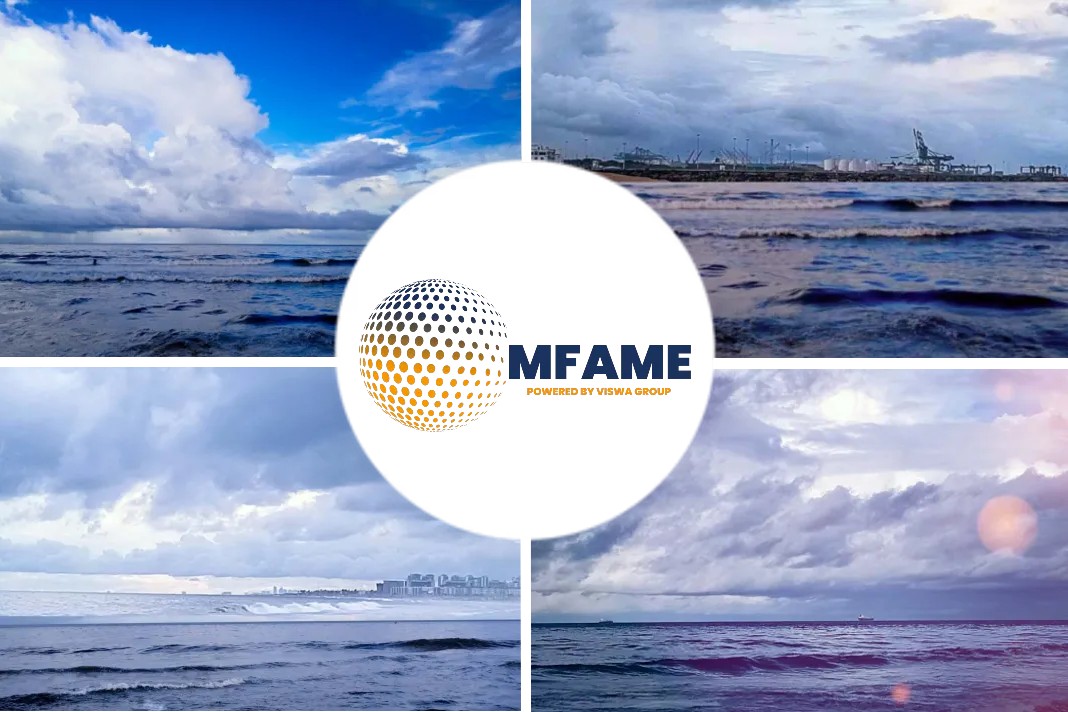
Deutsche Bank has set emissions reduction targets for loans to clients in the coal mining, cement and shipping sectors and now has a net-zero plan for 55% of its financed emissions, reports Marine Link.
Net zero forum
A key funder to polluting sectors, Germany’s biggest lender, like many of its peers, is under increasing pressure from policymakers and investors to push clients to curb climate-damaging emissions.
Its corporate loan book stood at 107 billion euros ($112.72 billion) at the end of 2022.
“Once we have pathways, we can start to really manage it down,” Chief Sustainability Officer Jörg Eigendorf said, as the bank published its initial transition plan.
A year after setting up a “net zero forum” of senior executives to assess loan deals of more than 25 million euros that would lead to big increases in emissions, Eigendorf said the body had so far reviewed 41 and kicked back 25% to be renegotiated.
Reasons for initially rejecting a transaction could include a company having a weak net-zero plan, for example by not including reporting of Scope 3 emissions, which are those tied to a company’s value chain.
“In one case, I said I don’t understand why this company is not committing to Scope 3 reporting with a clear timeline; it was rather an ambition… so we asked them to put a date in. And they did,” Eigendorf said.
Reducing absolute emissions
The bank said it would aim to reduce absolute emissions from coal mining by 49% by the end of this decade and by 97% by 2050, all from a 2022 baseline of 7.9 million metric tons of carbon dioxide equivalent.
For cement, it wants to reduce the intensity of emissions linked to the operations and energy use of clients by 29% by 2030 and 98% by 2050; while targets for shipping will follow the industry agreed “Poseidon Principles” methodology.
Deutsche Bank’s targets do not include emissions linked to its underwriting of stocks and bonds, a big source of company finance. The lender said it planned to account for so-called facilitated emissions once industry agreed methodologies were available.
The new targets follow Deutsche Bank’s existing targets for upstream oil and gas, power generation, steel and autos, Eigendorf said.
Emissions linked to its oil and gas sector loans slid 29% in 2022 from 2021 levels, helped by moves to exit Russian clients and trim loans to other large clients, as well as carbon accounting gains after moves in energy prices.
In power generation, emissions fell 2.4% over 2022 and need to fall 69% by 2030; in autos, emissions fell 1.4% and need to fall 59%; and in steel, emissions fell 1.6% and need to fall 34% by 2030, all from a 2021 baseline.
Did you subscribe to our daily newsletter?
It’s Free! Click here to Subscribe!
Source: Marine Link
















